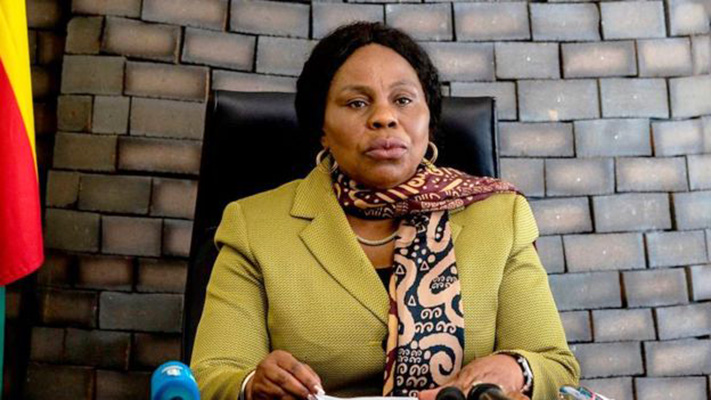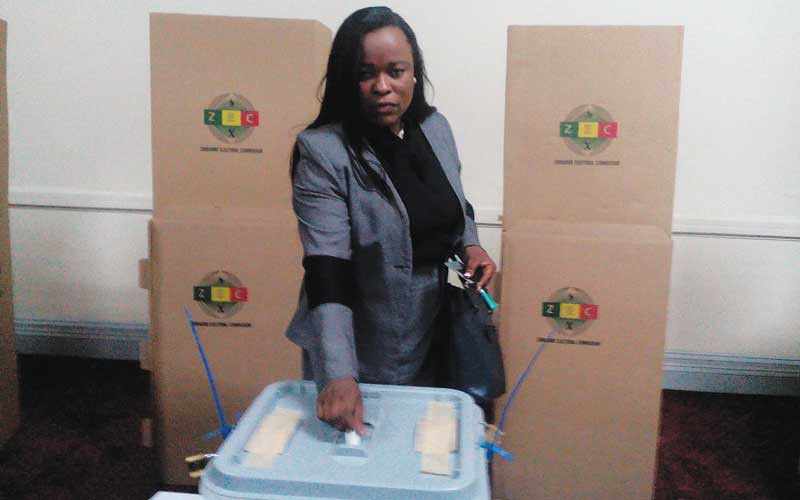
I CALL upon all fair-minded citizens to continue with the boycott of the State broadcaster, ZBC and State-controlled print media, until something sensible is done to at least show a bit of respect to the long-suffering taxpayers.
It is this broadcaster that has prolonged the suffering of the people by clearly supporting an out-of-favour Zanu PF regime that is known for greed and taking the country’s economy to the dogs.
What normal country has over 90% unemployment and it’s not reported in the public media, but propaganda is churned out incessantly?
I applaud Zimbabweans for having long abandoned this organisation in favour of foreign and private media.
To make matters worse for the suffering people, ZBC licence inspectors visit our houses in the high-density suburbs.
They leave an invoice for television and radio licences demanding payment as if their programmes are from out of this world.
I would like to urge citizens to refuse to pay for radio and television licences.
By paying for the licences, we will be propelling the ruling Zanu PF party’s propaganda machinery. – Refanos Rute
- Chamisa under fire over US$120K donation
- Mavhunga puts DeMbare into Chibuku quarterfinals
- Pension funds bet on Cabora Bassa oilfields
- Councils defy govt fire tender directive
Keep Reading
New portal drives SDGs in Africa
SEVENTEEN United Nations entities under the Africa Collaborative Regional Platform launched an online data portal, the first of its kind on the continent, to measure and evaluate progress on the Sustainable Development Goals (SDGs).
The platform will serve as a one-stop shop repository that captures data and evidence on the 2030 Agenda and the SDGs from all the African countries and will raise the profile of statistical progress towards the African Union vision, Agenda 2063.
The Africa Collaborative Regional Platform breaks the 17 SDGs into 169 targets and 231 indicators, allowing interested parties to track progress at every level.
According to statisticians at the UN Economic Commission for Africa, among the 169 targets set out in the SDGs, only 30% are quantifiable. For the rest of the unquantifiable targets, the online platform proposes target values using a pragmatic and ambitious approach.
It identifies the region’s outstanding countries and sets their average rate of change as the region’s target rate.
The new data engine also gives users the ability to classify the statistics by various dimensions, such as the eight regional economic communities recognised by the African Union, least developed countries, landlocked developing nations, and oil-producing, mineral-rich States.
Additionally, it repackages the data by key thematic issues.
Users can categorise SDG indicators by agriculture, energy and health, allowing them to not only analyse the specific progress at country level, but also examine the convergence, similarities and differences among a variety of sub-regional blocs and topics.
Oliver Chinganya, director for the ECA Africa Centre for Statistics, said timely and disaggregated data was critical to guide targeted investments and ensure the desired returns in its human capital development, environmental sustainability, economic transformation and prosperity for all.
The data portal is expected to be used in progress reports on the SDGs and other sustainable development documents and can also be used to prepare speeches and presentations for senior government officials and institutions as well as stimulate policy conversations. Southerners











